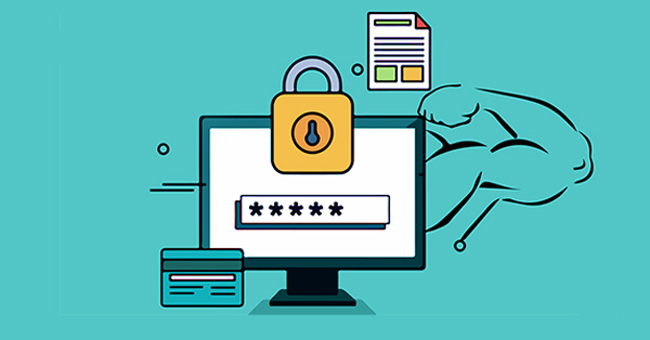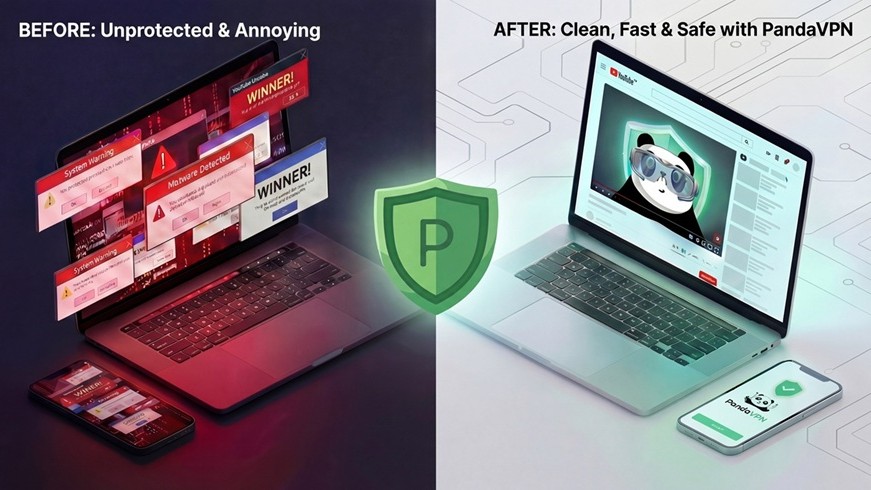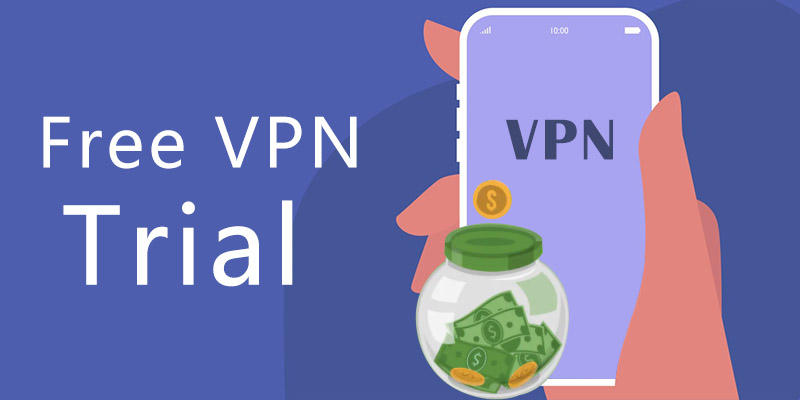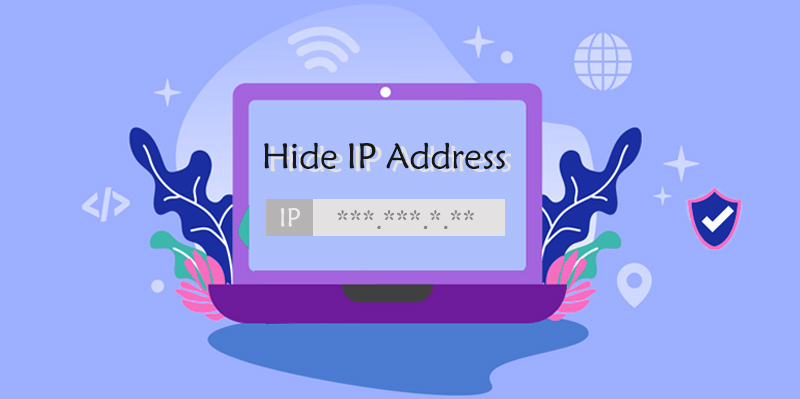7 Modern Cybersecurity Tools for Business A Beginner Should Keep An Eye On

Cybercriminals are evolving along with the digital revolution. Cybercrimes have been going up, with more malicious individuals and groups trying to defraud people online, stealing information for monetary gains.
With this development, protecting your online privacy is becoming more crucial. And this doesn’t just apply to personal settings. It applies even more to businesses, no matter what size. One might think that just because you’re a startup, there’s no need to put effort and resources into building up your cybersecurity systems. But that’s simply not the case. As early as possible, your business should be investing in the right cybersecurity tools to protect your venture.

Why Small Businesses Should Invest in Cybersecurity
So let’s first talk about the whys. So why is cybersecurity so important for the common business startup? There are a few glaring reasons for us to put to heart.
Cyberthreats cost more money than cybersecurity
While it’s true that there could be a cost to acquiring certain software, the cost would be significantly lower than getting hit by a hack. The cost of cybercrime has gone up 10% in the past year and will most likely cost companies $10.5 trillion worldwide by 2025. While this is so, the cost of setting up cybersecurity systems has drastically decreased. Now, a small business or sole proprietor can get the systems that only a large corporation would have access to 15 to 20 years ago.
Cybersecurity tools automate security measures
Because there are over 26,000 threats to cybersecurity per day, it would take a whole lot of time and energy to constantly track them down manually. That’s why cybersecurity tools are there. Just like any software, it exists to make a person’s life easier by multiplying results. Having the right tools in place will allow you—the business owner or your designated staff—to focus on business growth while cybersecurity tools take care of business protection. This leads us to the next reason for cybersecurity systems in business startups.

Cybersecurity is the future of business growth
If you want to grow a business, you need to ensure it’s protected first. There’s very little point in growing a business if someone just swooped in and stole everything in one go. Crucially, 60% of businesses that get hit by cyberattacks will close down within six months. If you don’t want that to happen to your business, then better prevent it now than be sorry later. Yes, you’ll need marketing software, help desk software, e-commerce software, and so on. But cybersecurity software envelopes all categories and serves as a way to ensure growth without fear of security compromise.
Modern Cybersecurity Tools for Small Businesses
So let’s talk about the cybersecurity tools and techniques that your businesses should have in 2022 and beyond. This cybersecurity tools list is anything but exhaustive, but it’s a great place to start and should drastically lower your chances of becoming a victim of cyber hacks.
Anti-malware Software
The first among the most important cybersecurity techniques is protecting your business systems from malware and viruses. Almost anyone will have some form of antivirus software on their computer. But for a business, the gravity is much greater. Consider anti-malware software as an investment, not an expense. There are free options for anti-virus systems available, but you get much better protection with a paid service.
Some great options for anti-malware are:
– OfficeScan from Trend Micro
– Kaspersky Small Office Security
– Bitdefender
VPN Software
Around 31% of people worldwide use a VPN service. Some people think of VPNs as just some tool to allow you to watch certain Netflix shows or access social media accounts in countries with internet censorship. But they’re so much more than that.

VPNs also act as an authentication agent to keep unwanted users and hackers from entering an individual or business’ network. VPNs use what you call privileged access management or PAM system to require some level of authentication before a person enters a system. A VPN software will protect a system from potentially dangerous people who want to gain access to a company’s digital assets. They also encrypt data so that people can’t intercept them and steal them from you. Overall, having a VPN is a small price to pay for great amounts of coverage and protection.
Here PandaVPN only costs you $2.49 per month if you choose the longest period of the plan. If your business requires a VPN to bypass geo-blocking and upgrade the security level of working-related materials and information, you can get it to enjoy advanced privacy and protection.
Domain Name System (DNS) Protection
The next security tools examples for small businesses is a domain name service protection system. This kind of software blocks dangerous and suspicious sites in your systems and computers. With that extra layer of protection, a business owner can restrict access to dangerous sites that could steal your information. A DNS protection system also weeds out any inappropriate content. Having this tool protects not just the business owner and business but also its employees.
Cloud-based Security
A cloud-based security tool is a general category of tools and systems built to protect the cloud-based assets—like data, files, apps, software, and cloud-based infrastructures—of a business. The growth of cloud solutions has rapidly improved the way we do business, but the level of shareability has also often become a business’ Achilles heel. Having cloud-based security in place can cover that base and allow your business to use cloud sharing and cloud access software without the fear of a breach.
Credit Card and Password Storage
In the age of e-commerce, online shopping safety is of grave importance. The level of credit card hacks and information theft committed through online shopping sites has risen tremendously over the past few years. So keeping credit card details and password storage facilities like LastPass or OnePass should be a given. These tools safely store any logins and credit card details.

The next time you buy office chairs or other business needs, some of them will probably be online. So you want to be ready with the right systems to protect your payment and login information when you go shopping for your business online.
Next-generation Firewalls
The last cybersecurity software you should add to your list is a next-generation firewall. It isn’t as popular as any of the options above, but it’s still highly useful. A next-generation firewall or NGFW brings together the capabilities of a traditional firewall system with filtering software. With that, businesses can whitelist safe applications and websites they access on-site or even when working from home, given that NGFWs can also be cloud-based.
An NGFW blocks malware and hackers from entering your business systems. They can be a great low-cost option to improve your business’s cybersecurity and automate the whole process of keeping the bad guys out. An e-commerce company with helpdesk software should definitely look into this kind of protection given the amount of inbound traffic it gets. The quality of the help desk software’s security should be good on its own, but it never hurts to be extra cautious. Here’s a list of help desk systems with great cybersecurity.
Cybersecurity as Insurance
If you’ve ever paid for business insurance for theft, acts of God, or other purposes, you’ll know that it’s a write-off that’s there for the good of the company. Investing in cybersecurity is the same in principle. Think of it as a premium you pay to save you from the future hassle of losing everything to a cyber attack.
Truth is the world can be a messy place filled with people who want to take from you. But that doesn’t mean you have to live in fear. Just as we protect our homes with security systems, we should protect our businesses with cybersecurity systems too. Doing so gives you the room to grow, dream, and thrive in these modern digital times.
 Vic Knott
Vic Knott  2022.04.28
2022.04.28 











